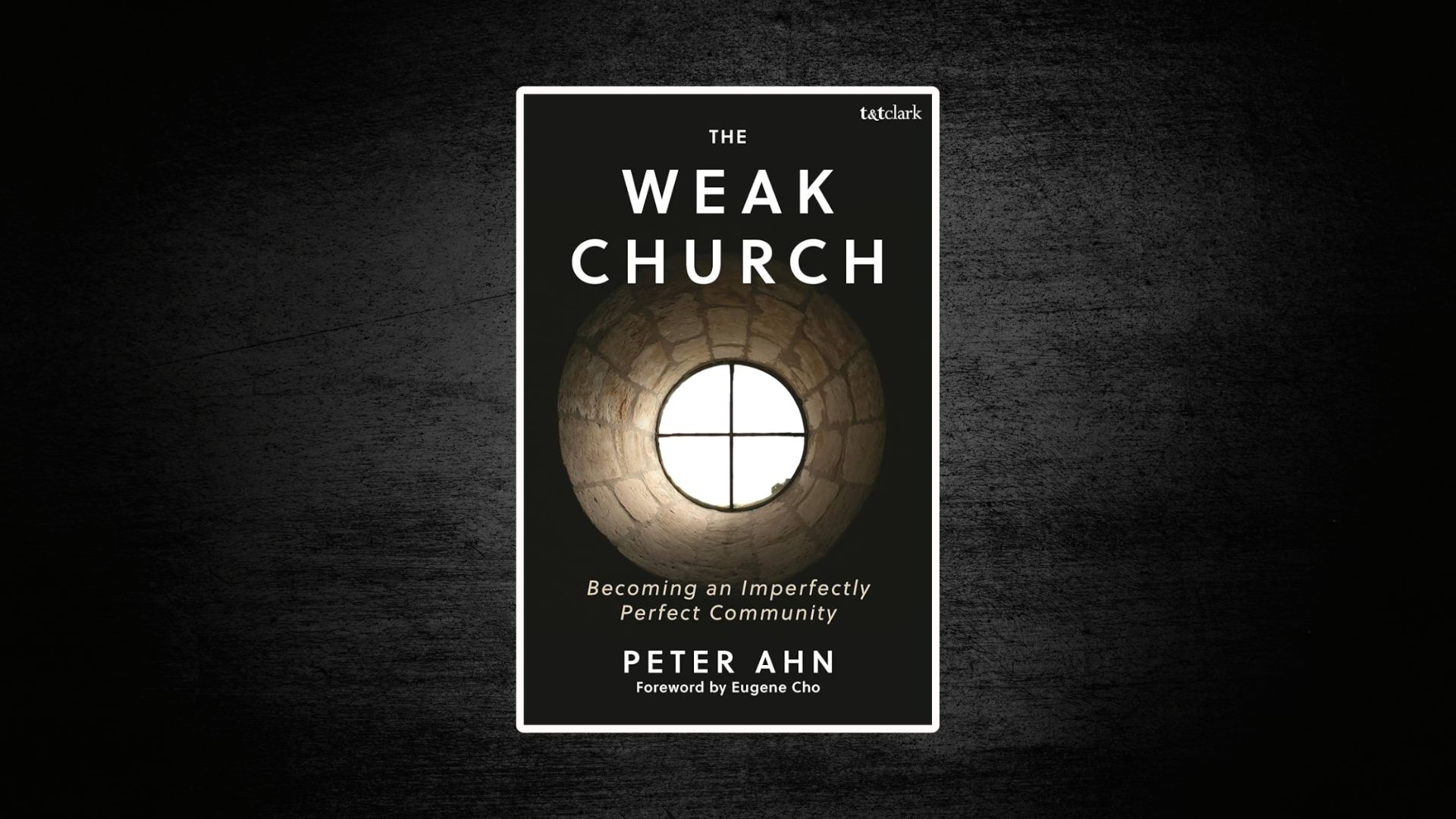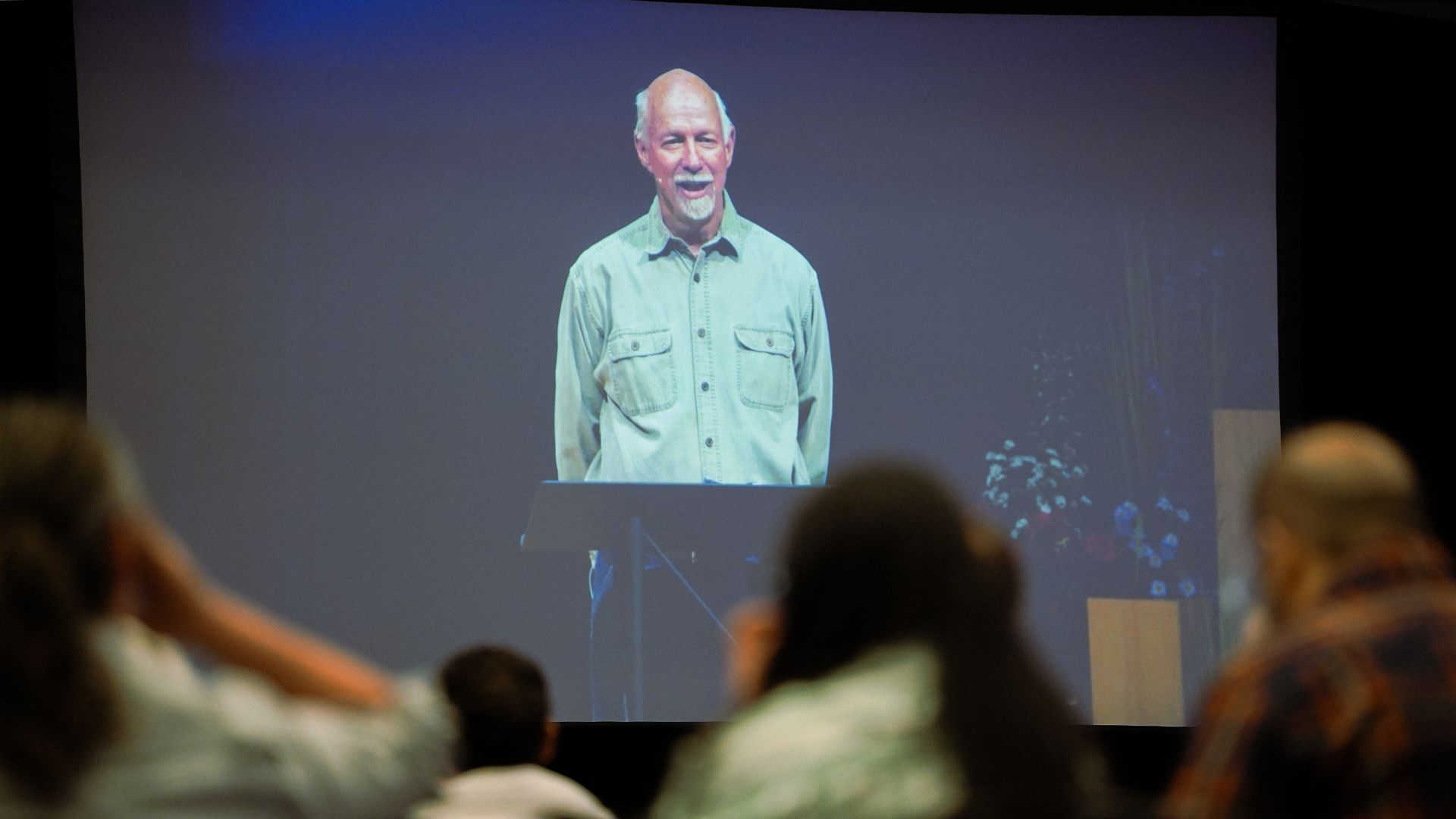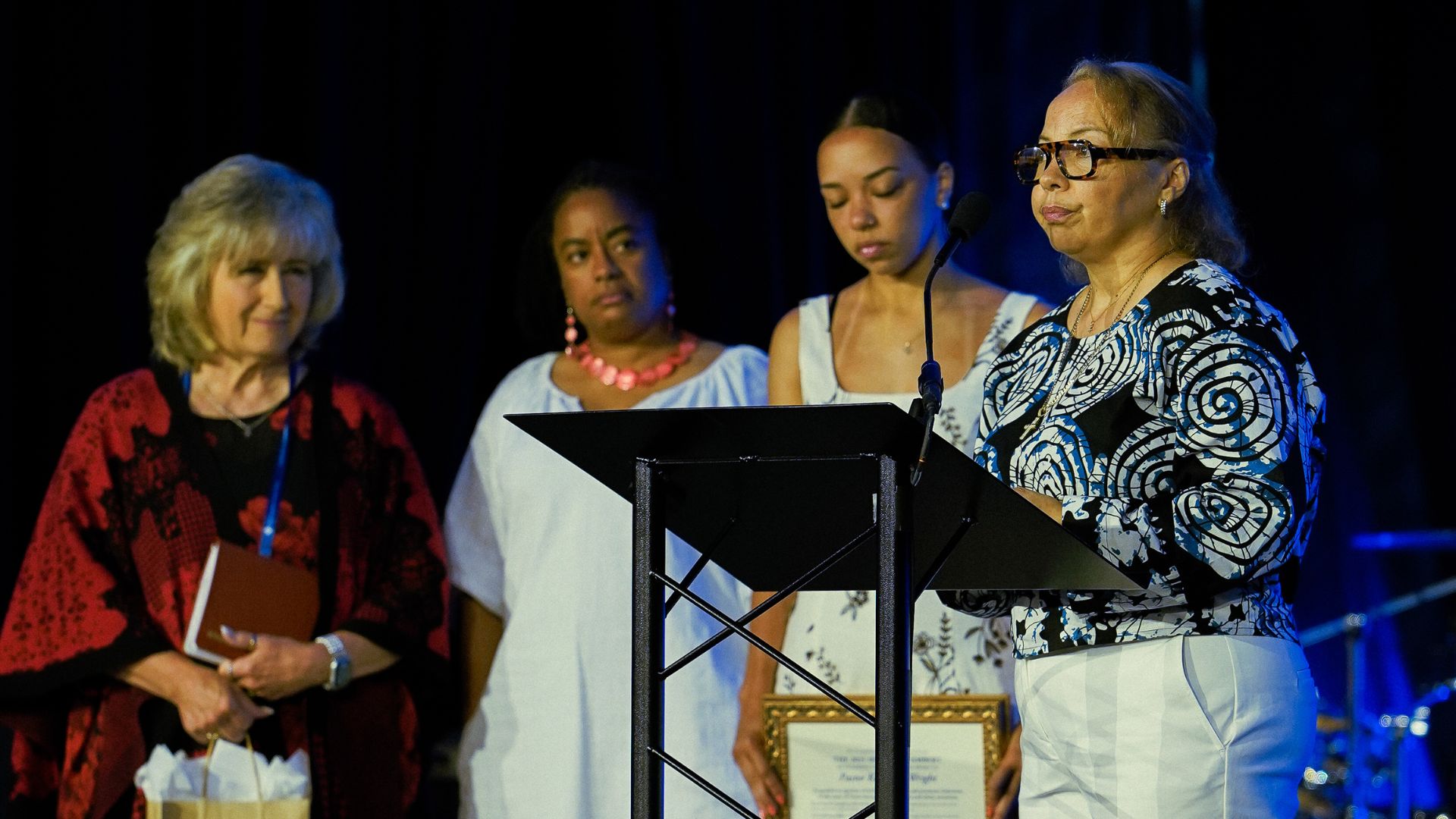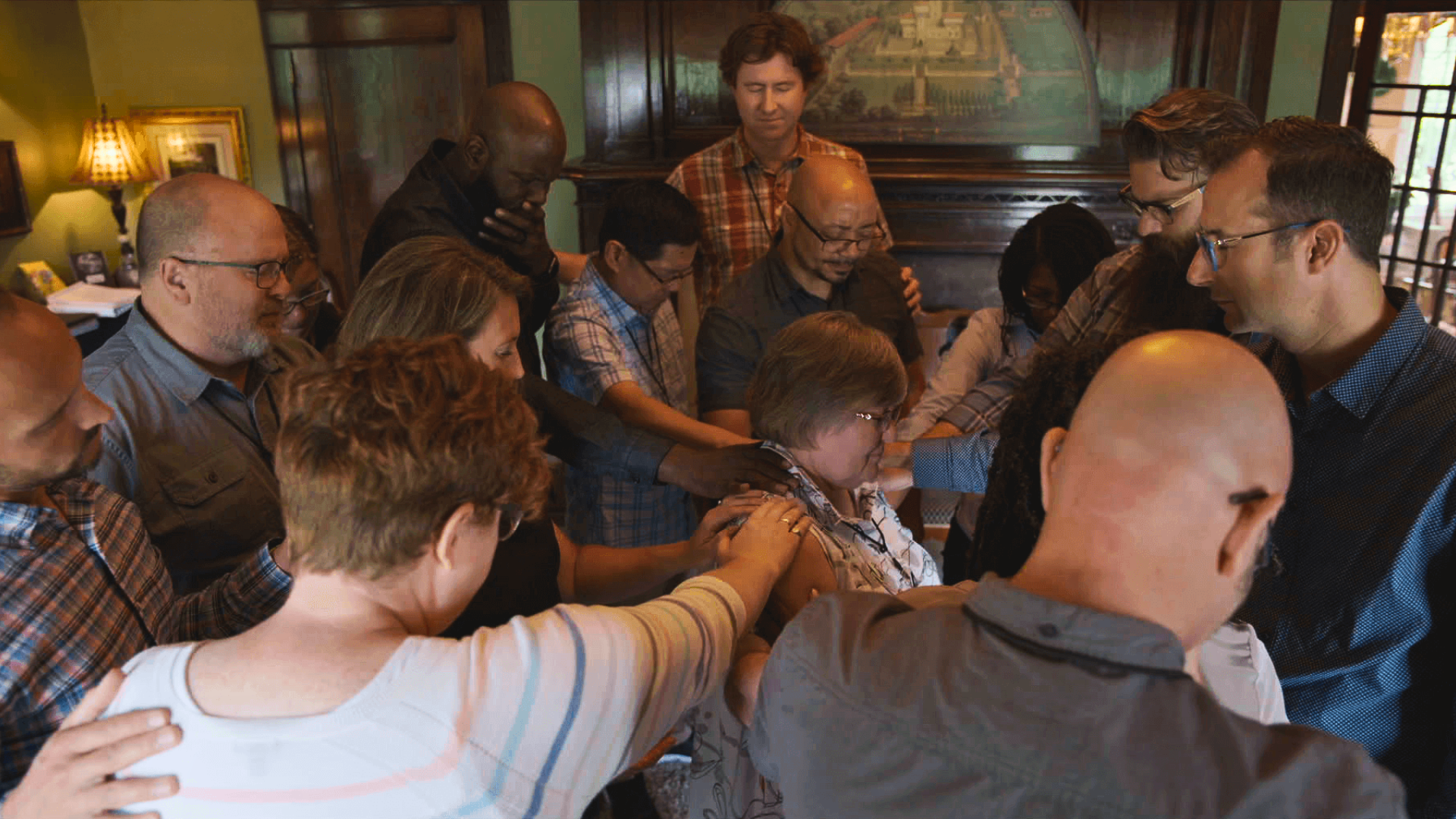Rev. Peter Ahn on The Weak Church
In his new book, The Weak Church, Covenant minister Peter Ahn shares his personal journey of ministry—shaped by vulnerability, confession, and emotional honesty—and urges leaders to depend on God rather than their own strength.
For Rev. Ahn, who is the founding pastor of Metro Community Church in Englewood, New Jersey, ministry has never been about projecting confidence or chasing influence. Instead, it has meant reckoning with weakness—his own and the church’s—and discovering God’s presence in places of surrender.
In The Weak Church, he reflects on two decades of ministry shaped not by polished performance but by honesty, confession, and relational accountability. The book invites readers to reconsider what strength really looks like and how a posture of humility can lead to spiritual vitality.
Ahn is candid about his motivations for writing. “I felt like the only reason God called me into ministry was because of my weaknesses, my brokenness,” he says. That sense of calling has shaped both the culture of Metro and the framework of his book. In The Weak Church Ahn shares his ministry journey, which has been marked by honest introspection and a growing awareness that power and performance can often mask spiritual need.
At its core, the book is about choosing honesty over image. Ahn describes how deep friendships—what he calls “soul mate” relationships—became a crucial support system for him. “I learned this from Chap Clark at Fuller,” he explained. “He says you need to find a few friends of the same gender that you can share your soul with. There are no secrets between you. I remember sitting in the class and being so impacted by the idea of actually confessing my sins in the presence of someone else. I just never thought that was something I would ever do. But he talked about how that’s the only way you’re going to know that you’re God’s beloved, with whom he is well pleased.”
Ahn also emphasizes the role of confession, not only in prayer but also in relationship. “If we want to tangibly encounter God’s grace, we need to confess to each other,” he writes, echoing practices common in liturgical traditions. Drawing from theologians such as Dietrich Bonhoeffer, he argues that confession loses its power when it remains private. The transformation, he suggests, comes when sin is named in the presence of another person.
There’s a difference between vulnerability and transparency. “We live in a culture that loves being transparent, especially Gen Zs,” Ahn says. “They love sharing what they’re going through. Vulnerability goes a step further. Vulnerability is being transparent and then also welcoming feedback. That’s the difference. When you’re in a soul mate relationship, you’re welcoming feedback so you can learn and grow in self-awareness and go deeper in accountability.” His ministry model encourages leaders to live in the light not only for moral integrity but also for spiritual freedom.
We are not meant to carry the weight of ministry alone, Ahn says. In acknowledging our weakness, we become more reliant on God’s strength. That becomes a return to what has always been true: God’s grace is sufficient.
The title The Weak Church may sound countercultural in our constant striving for competency and charisma. But Ahn does not advocate for inadequacy. He names the spiritual exhaustion that can come from trying to lead through strength alone. The path to renewal begins with letting go of the illusion that we are enough on our own.
Ahn also points to the mental health crisis among pastors, citing troubling statistics on burnout and depression. He believes emotional health, not platform size, is the necessary starting point for church vitality.
“The weak church is the model for church revitalization,” he says. Weakness is not redemptive in itself of course, but embracing weakness creates space for grace to do what strength cannot. When leaders acknowledge their limitations, they make room for others to do the same. And in that shared humility, the Church begins to reflect not just its leaders but the God who meets us in our need.
“When we embrace our weakness it becomes the perfect landscape for God’s strength to be perfected in us,” Ahn added. “Pastors and weak churches do not embrace their weaknesses to claim a defeatist mentality; they do it to become superheroes for God.”
Available for purchase at CovBooks.com beginning August 7, 2025.













